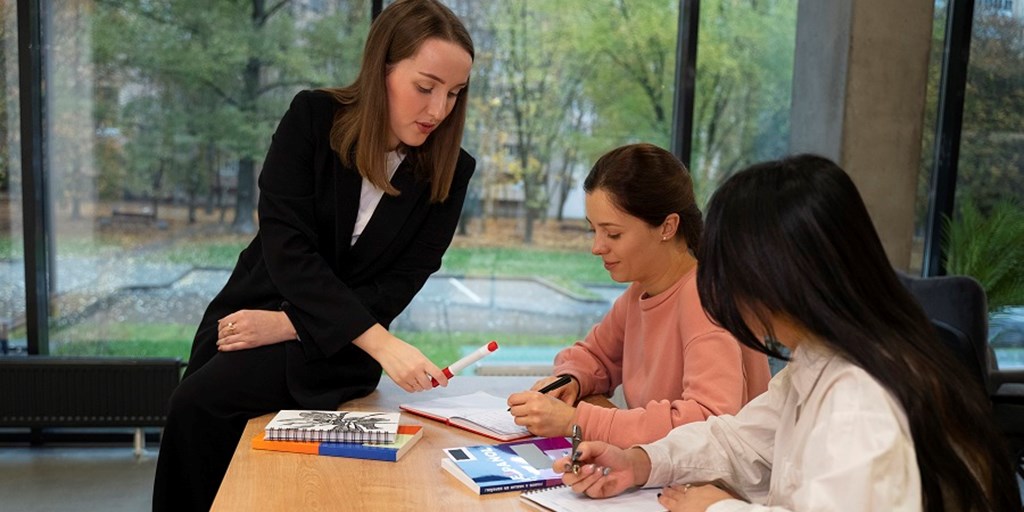
Postgraduate Teaching
Our new university lecturer has now been working at the university for many years - and while there he completed another higher degree. He enjoyed this higher degree, his fellow students and the way the classes were taught.
The ‘not so new boy’ on the block
He went to his Head of Department (who coincidentally was his undergraduate lecturer and his mentor since graduating) and asked him about teaching graduate students. The Head was very accommodating and said that he would find him a graduate class to teach.
What is Expected?
The young lecturer intuitively knew the difference between undergraduate and postgraduate teaching, as he experienced both as a student and taught in the undergraduate area for some years. However, he wanted to get his mentor’s views about postgraduate teaching. His mentor responded that undergraduate teachers typically provide information and direction, whereas postgraduate faculty focus more on facilitating debates and discussions. At a postgraduate level, classroom time is shared, and the student is usually expected to take more of an independent approach to learning - and will be expected to demonstrate advanced critical thinking.
Key Differences
The lecturer was now very positive about graduate teaching and asked his former lecturer about more of the specific differences between postgraduate and undergraduate study so he could start thinking in detail about his future graduate teaching. His former lecturer responded with key differences (stating that they were in no order) including:
- Independent study. Development of ‘expertise’ in an area through independent study, learning, scholarship or research;
- Career focus. Vocation-relevant study and training linked to pursuing a career within a specific discipline;
- Commitment and self-motivation. Greater commitment, personal responsibility and capacity for independent learning are required at the postgraduate level;
- Learning style and key competencies. Frequently students are required to source materials outside of the program. Furthermore, greater reliance is required on self-directed study, critical appraisal, reflection and analysis at postgraduate level;
- Skills development. Among other key practical and professional skills, emphasis is placed on researching and research methodology;
- Interaction with peers (other students) and tutors. The transition from large cohorts of students at the undergraduate level to more focused, smaller groups of peers, and a closer relationship with a tutor(s) at the postgraduate level;
- Depth of inquiry. Postgraduate students are expected to read around topics, identify important themes and issues, and think more critically about their reading and selection of resources;
- Critiquing and communication. Postgraduate students are frequently required to present and justify their own ideas;
- Group work and collaborative activities. Expect to work more closely with your peers (other students).
Off to the Post-Graduate World
After hearing what his mentor said - and having experienced many years as a student and then as an undergraduate lecturer - he now felt ready to start postgraduate teaching. He went and advised his mentor, the Head of the Department, of this and was delighted with the response that next Semester he would be allocated a Master’ class. The lecturer was very happy and went home to celebrate.
Associate Professor Cyril Jankoff is Associate Dean of scholarship at UBSS and a member of the GCA Compliance Directorate






